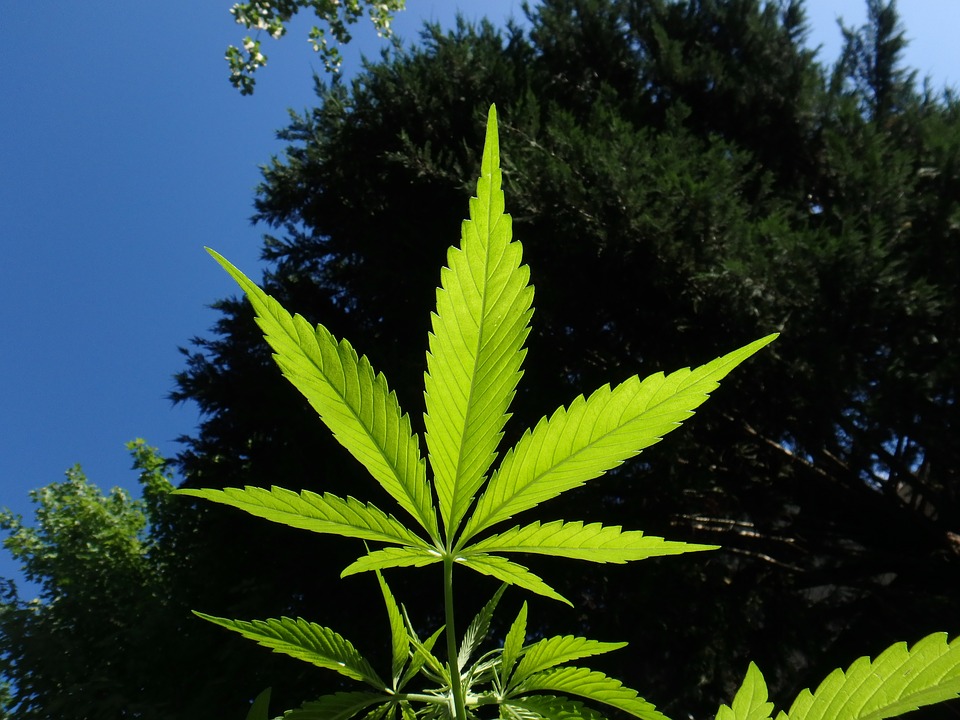A new study, published in Spine, has revealed that for patients undergoing spinal surgery, the diagnosis of cannabis use disorder is associated with higher complication rates, including substantially increased risks of stroke and respiratory complications.
“Chronic cannabis use among patients undergoing spine surgery is associated with higher rates of inpatient neurovascular, thromboembolic, and pulmonary complications, and less favorable overall discharge disposition,” according to the new research by Ankit Indravadan Mehta, MD, FAANS and colleagues of the University of Illinois at Chicago.
Mehta added, “The treatment of these patients is also associated with increased length of stay and cost of hospitalization.”
The researchers identified nearly 433,000 patients who underwent common elective spinal surgery procedures between 2012 and 2015. About 2,400 patients had a diagnosis of cannabis use disorder, defined as continued use of cannabis despite significant distress or impairment.
Dr. Mehta and colleagues used a technique called propensity score matching to identify 2,184 people with chronic cannabis users from non-users with similar characteristics and comorbidities. A wide range of complications and other hospital outcomes of spinal surgery were compared between groups.
The researchers found that patients with cannabis use disorder were at increased risk for several types of complications after spinal surgery. They were about twice as likely to develop respiratory and blood clot-related (thromboembolism) complications. They also had nearly a threefold increase in the risk of stroke and other neurologic complications. Risk of bloodstream infection (septicemia or sepsis) was increased by 50 per cent.
Patients with cannabis use disorder also spent nearly two more days in the hospital (about seven versus five days) and had hospital costs nearly USD 15,000 higher. They were also more likely to be discharged to a nursing or rehabilitation facility and less likely to receive home health care.
The results are of special concern as cannabis use becomes increasingly legalised and accepted in the United States. Estimates suggest that more than 15 per cent of Americans use cannabis. Rates of cannabis use and cannabis use disorder have “increased drastically” in recent years, according to the authors.










